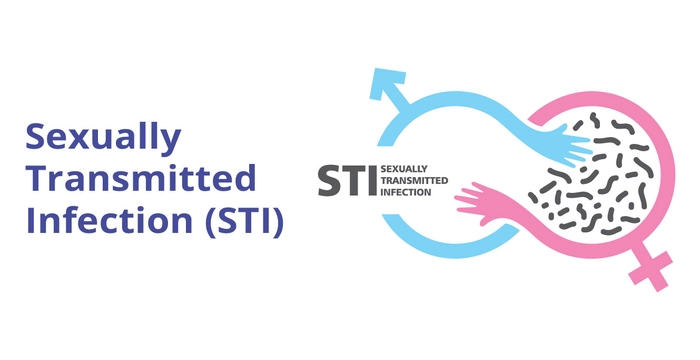Sexually Transmitted Infections (STIs), often referred to as sexually transmitted diseases (STDs), are infections that spread through sexual contact. While the topic may seem daunting, understanding STIs is essential for safeguarding your sexual health and preventing their transmission. Let’s dive in and explore the common types of STIs, their symptoms, prevention strategies, and the importance of awareness.
Common Types of STIs
-
Chlamydia
- A prevalent bacterial infection causes genital pain and discharge. The good news? It's treatable with antibiotics!
- Gonorrhea
- Another bacterial infection that affects the genital tract, rectum, and throat. Like chlamydia, it can be effectively treated with antibiotics.
-
Human Papillomavirus (HPV)
- A viral infection with numerous strains; some may cause genital warts or even lead to cancer. Vaccination can be a proactive measure!
-
Herpes Simplex Virus (HSV)
- This virus causes oral and genital herpes. While there’s no cure, antiviral medications can help manage outbreaks and keep symptoms at bay.
-
HIV/AIDS
- The Human Immunodeficiency Virus (HIV) attacks the immune system, potentially leading to Acquired Immunodeficiency Syndrome (AIDS) if untreated. Antiretroviral therapy (ART) can help manage HIV effectively.
-
Syphilis
- A bacterial infection that progresses in stages, leading to severe health issues if left untreated. Fortunately, antibiotics can cure syphilis.
- A parasitic infection that causes genital inflammation, itching, and discharge. It’s treatable with medication.
Symptoms of STIs
Many STIs can be asymptomatic, but be vigilant for these common signs:
- Unusual genital discharge
- Burning sensation during urination
- Genital sores or bumps
- Itching or irritation in the genital area
- Pain during intercourse
Prevention and Protection
Protecting yourself against STIs is essential and can be achieved through various measures:
- Condom Use: Consistent and correct use of condoms is a simple yet powerful way to reduce the risk of STI transmission significantly.
- Regular Testing: Routine STI screening is vital, especially if you're sexually active with multiple partners. Early detection is key!
- Vaccination: Vaccines are available for specific STIs, including HPV and hepatitis B. Don’t miss out!
- Mutual Monogamy: Committing to a mutually monogamous relationship with an uninfected partner can greatly reduce your risk of STIs.
Treatment and Management
Early diagnosis is crucial for managing STIs effectively:
- Antibiotics: These are your go-to for treating bacterial infections like chlamydia, gonorrhea, and syphilis.
- Antiviral Medications: Essential for managing viral infections such as herpes and HIV.
- Follow-Up Care: Regular check-ups ensure the infection is either cured or well-managed.
The Importance of Education and Awareness
Raising awareness and educating yourself and others about STIs is a powerful way to reduce stigma and promote safe practices. Open communication with your sexual partners and healthcare providers is vital in both prevention and management.
Final Thoughts
By staying informed and proactive about your sexual health, you can significantly reduce the risk of STIs and foster a healthier, more fulfilling sex life. Don’t hesitate to seek information, ask questions, and prioritize your well-being.
For more detailed insights into STIs, prevention, and treatment options, consider visiting reputable sources like the Centers for Disease Control and Prevention (CDC).

